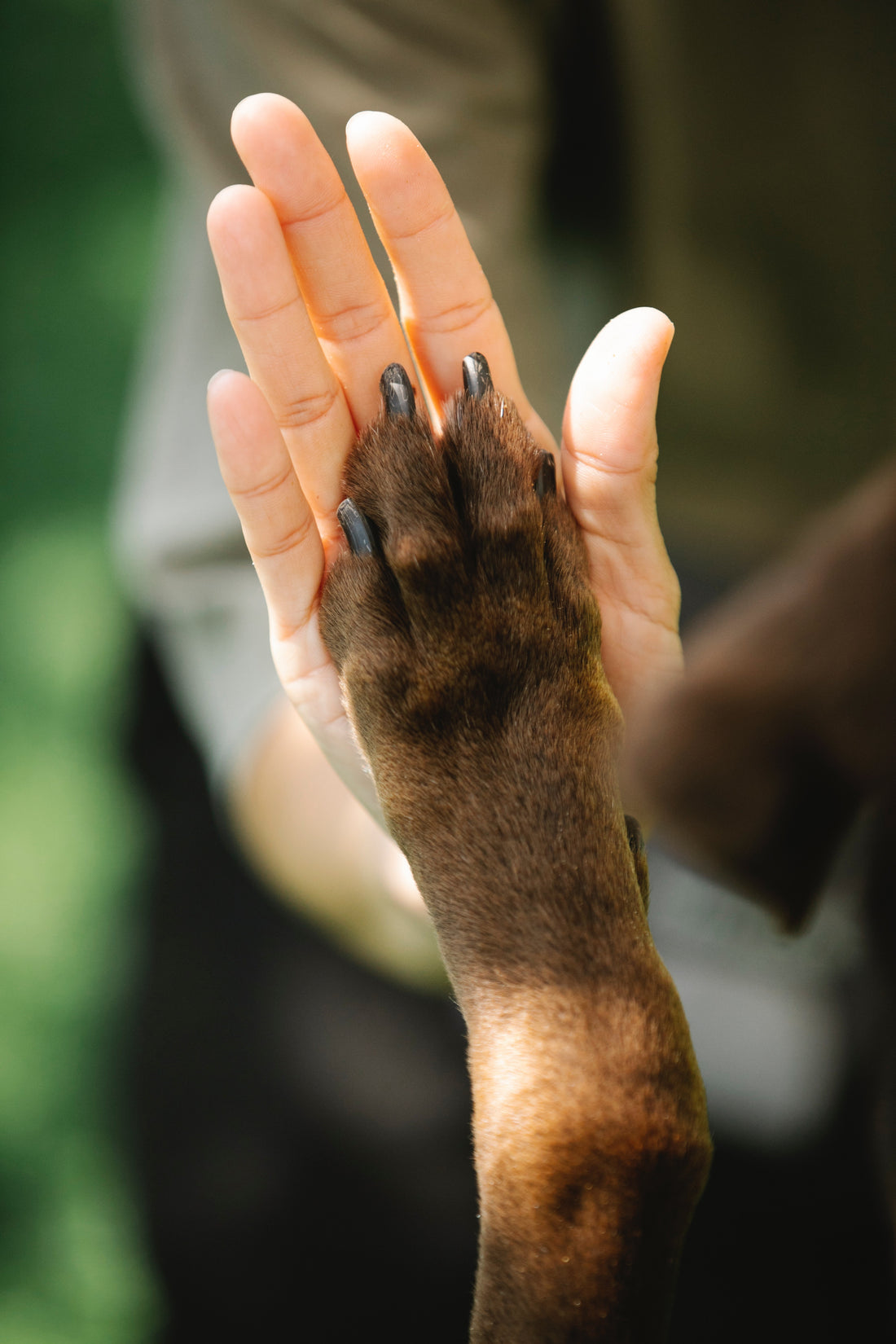
Organic Pet Care vs. Conventional: Key Considerations for the Discerning Pet Parent
Emma Davis Tags:As pet parents, we continuously strive to give our beloved companions the best of everything — the best home, the best toys, and, most importantly, the best care. With a growing trend towards organic living in our own lives, it's no surprise that organic pet care is gaining traction. But how does it compare to conventional pet care? This article will explore organic pet care versus conventional, helping you make the best decision for your furry friend.
Organic pet care is an all-encompassing philosophy that considers the overall wellbeing of your pet, from nutrition to grooming products, and even toys. Advocates for organic pet care believe in the long-term health benefits of a lifestyle free from harsh chemicals, synthetic materials, and heavily processed foods.
However, before we delve deeper, it's essential to understand what 'organic' means. In terms of pet food, 'organic' implies that the ingredients are grown or produced without synthetic fertilizers, pesticides, antibiotics, or growth hormones. When it comes to pet care products like shampoos and toys, 'organic' refers to the absence of artificial colors, fragrances, and synthetic materials.
Organic Pet Care: The Advantages
- Nutritional Benefits: Organic pet food often contains higher quality ingredients than conventional pet food. By feeding your pet an organic diet, you could enhance their health and vitality, improve skin and coat health, and potentially reduce the risk of certain diseases.
- Fewer Allergens: Many pets are allergic to artificial ingredients found in conventional pet food and products. Switching to organic products can minimize exposure to allergens, reducing the risk of allergic reactions.
- Environmentally Friendly: Organic pet care isn't just good for your pet, it's good for the environment too. Organic farming practices are often more sustainable and have less environmental impact than conventional methods.
Conventional Pet Care: A Closer Look
Conventional pet care products are more readily available and typically cheaper than their organic counterparts. For many pet parents, these factors make conventional pet care the default choice. However, it's important to consider that while these products may be cost-effective upfront, they could potentially lead to health issues down the line due to their chemical compositions.
- Potential Health Risks: Conventional pet foods may contain artificial additives, preservatives, and lower-quality ingredients, which could lead to health issues over time.
- Environmental Impact: Conventional pet care products, particularly toys, are often made with plastic or other non-biodegradable materials, contributing to environmental pollution.
Making the Choice: Things to Consider
Choosing between organic and conventional pet care ultimately depends on your pet's individual needs and your personal philosophy. Here are some key considerations:
- Cost: Organic pet care products tend to be more expensive due to their higher production costs. However, investing in organic pet care might reduce long-term healthcare costs.
- Availability: While the organic pet care market is growing, options can still be limited compared to conventional products.
- Health Needs: Every pet is unique, with their health conditions and nutritional needs. Some pets may require specific diets or products that aren't readily available organically.
- Quality over Labels: Not all organic products are superior, and not all conventional products are harmful. It's important to research brands, read labels, and consult with your vet.
In conclusion, both organic and conventional pet care have their merits. As discerning pet parents, it's our responsibility to make informed choices, prioritizing the health and happiness of our four-legged family members. By keeping in mind the points discussed in this article, you can make the best decision for your pet, ensuring a long, healthy, and joyous life.
